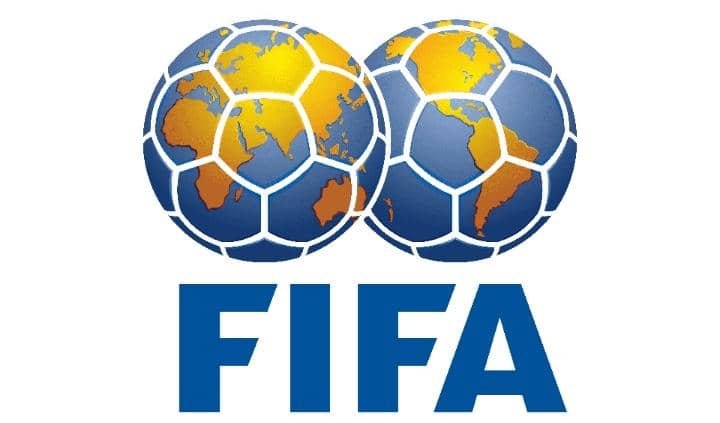The Afghanistan women’s refugee football team has been forced to relocate its first international fixtures after the United Arab Emirates refused to grant visas to players, prompting Fifa to move the competition to Morocco at the last minute.
The squad, known as Afghan Women United, had been scheduled to play Chad and Libya in the Fifa Unites: Women’s Series, with matches due to begin in Dubai on Thursday. The 23 players, selected through talent identification camps and now based in Australia, the United Kingdom, Portugal and Italy, were told to prepare for travel on 11 October. Despite not having visas in hand, they were advised by Fifa to proceed to airports in anticipation of imminent approval.
On arrival, however, players were informed they would not be permitted to board flights. The rejection left many distraught, with several describing the experience as retraumatising. Most of the squad had fled Afghanistan in 2021 during the chaotic evacuation from Kabul airport, when western forces withdrew and the Taliban returned to power. The uncertainty and sudden cancellation of their travel revived painful memories of that period.
FIFA confirmed on Monday that the tournament would be moved to Morocco, with Afghanistan’s opening match rescheduled for Sunday. The governing body said responsibility for visa applications lay with the host federation and that assurances had been sought before the UAE was announced as host on 24 September.
The players, who had been kept on standby for days, expressed frustration at the handling of the situation. Those travelling from Australia faced journeys of more than 30 hours to reach Morocco, leaving them physically and mentally exhausted ahead of their first fixture. Several are understood to feel let down by the organisation around the team and the tournament, and concerned about being expected to perform at a high level so soon after such disruption.
In a statement, FIFA acknowledged the difficulties faced by the squad. “We recognise that the circumstances, which are due to factors outside of Fifa’s control, may have been difficult and had an impact on some players and staff. The welfare and wellbeing of all players and staff has, and continues to be, the paramount priority,” it said.
The UAE Football Association did not respond to requests for comment. The country maintains a working relationship with Afghanistan’s Taliban government, which has banned women from playing sport since regaining power.
Fifa said the relocation was necessary to ensure “a safe, inclusive and competitive environment” for all teams. It added that Afghan players had been provided with safeguarding support, access to psychologists, and trauma-informed sessions to help them cope with the disruption. Two group sessions were led by a trauma-informed psychologist, while staff were also given training to better understand the players’ needs.
The refugee team was established by Fifa following sustained pressure from exiled Afghan players, who demanded the right to continue competing internationally after the Taliban’s return. Since its creation, Fifa has provided what it described as “continuous comprehensive care and support” to the group, including physical preparation, nutrition, and access to a sports psychologist. A fellow Afghan refugee has also been appointed as a resettlement coach to support the players.
Despite these measures, the visa rejection has left many questioning the reliability of the structures around them. Several players are understood to feel that the episode has undermined their confidence in the promises made by football’s governing body.
The episode highlights the precarious position of Afghan women athletes in exile, who remain dependent on international institutions for the opportunity to compete. For the players, the chance to represent their country in any form carries symbolic weight, but the latest setback has underscored the fragility of those opportunities.
As the squad prepares to take the field in Morocco, the focus will inevitably shift back to football. Yet the events of the past week serve as a reminder of the continuing obstacles faced by Afghan women who seek to play the game at the highest level.



